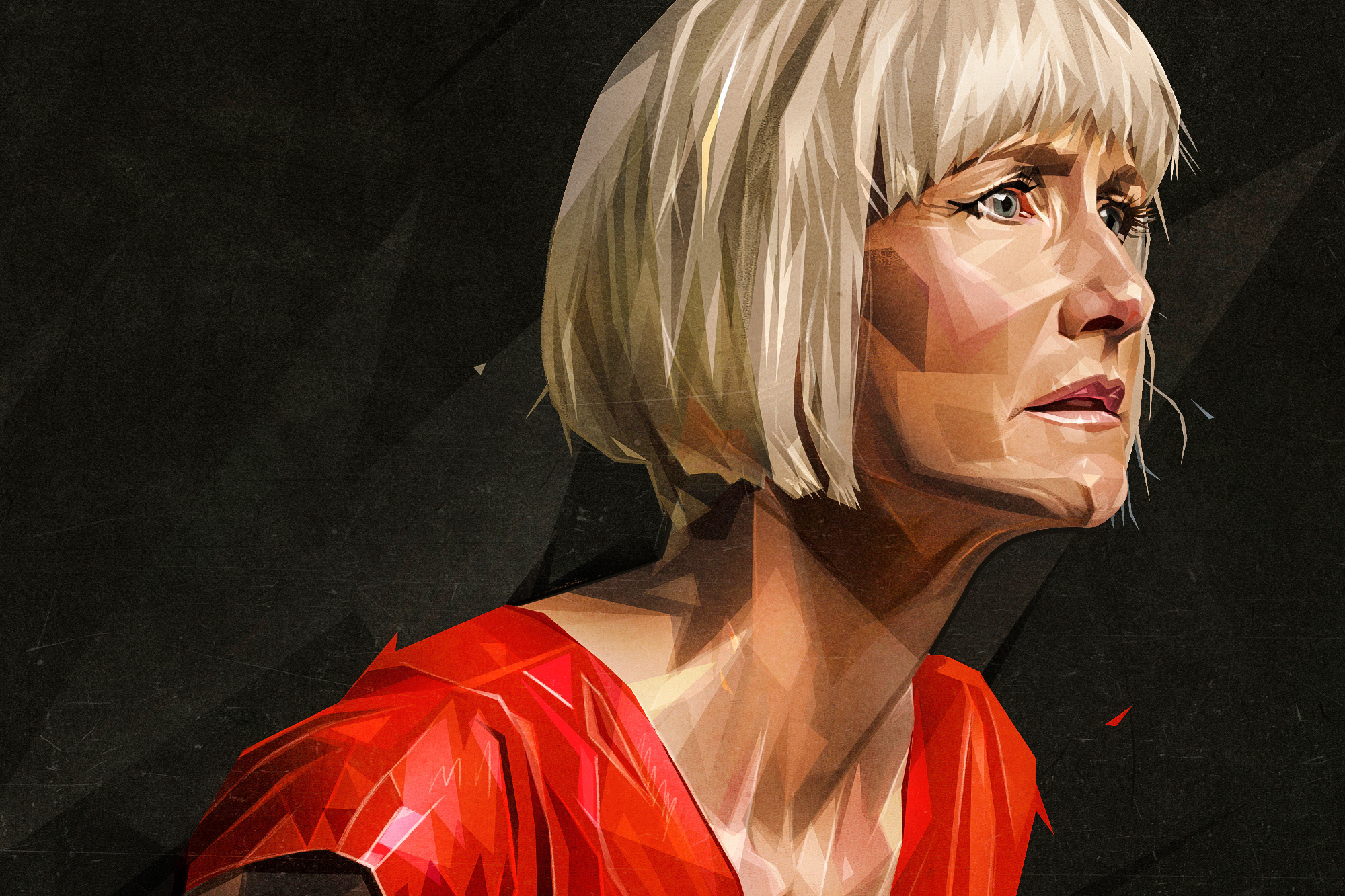Flashback : To The Moon And Back
“To collect photographs is to collect the world. Movies and television programs light up walls, flicker, and go out; but with still photographs, the image is also an object, lightweight,
cheap to produce, easy to carry about, accumulate, store. (...) The images that mobilize conscience are always linked to a given historical situation. The more general they are, the less likely they are to be effective. (...) Photographs may be more memorable than moving images because they are a neat slice of time, not a flow. Television is a stream of under selected images, each of which cancels its predecessor. Each still photograph is a privileged moment, turned into a slim object that one can keep and look at again."
Susan Sontag, On Photography
—
PAGE/SCREEN – 1945-2000
Leonard Shlain, The Alphabet versus the Goddess
“World War II was a firestorm for modern civilization, but the conflict also marked the beginning of yet another massive shift in global consciousness. The combining of two ‘feminine’ influences, photography and electromagnetism, was chiefly responsible for this change. In 1939, Philo T. Farnsworth invented television. After the war ended, television spread rapidly – literally house to house. One after another, living rooms were illuminated by the glow of fuzzy electronic pictures. The tube was an overnight sensation, and soon the amount of time people spent watching images flit on and off the front of the glowing box began to surpass the amount of time people spent reading linear rows of black letters. (...) Previously, alphabetic print had exploded Western culture into millions of hard-edged shards of individualistic shrapnel. Both reading and writing are, in most cases, solitary endeavours. Television abruptly reversed the process, and the centripetal implosion not only pulled together individual families but also began to enmesh the entire human community into what McLuhan called ‘one vast electronic global village.”
—

The Apollo Program afforded the world the first views of our fragile planet. It was during the Apollo Program that humans witnessed the Earth rise from the blackness of space and got the first ‘full’ view of the Earth. Those images have had a profound impact on humanity and prompted the environmental movement in the 1970s.
—
We came all this way to explore the moon, but the most important thing is that we discovered the earth.
— William Anders, Apollo 8 Astronaut








